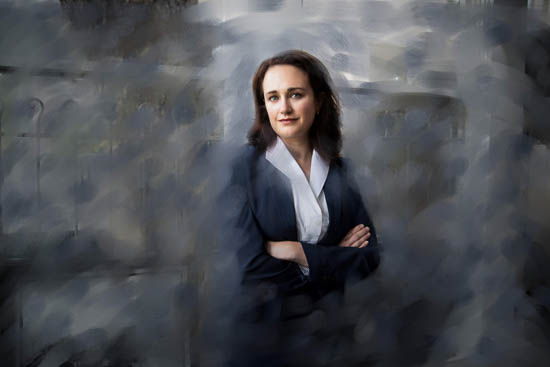
Photography 101: What Every Beginner Should Know
For beginners, understanding fundamentals is the foundation.
Getting Familiar With Your Camera
The journey begins with your camera.
Whether you shoot with a compact point-and-shoot, the rules of exposure remain the same.
Spend time studying aperture, shutter speed, ISO. Knowledge of features reduces frustration.
The Importance of Light
Good lighting separates average photos from great ones.
Golden hour glow flattens harsh shadows.
Studio strobes help indoors.
Direction of light change how skin looks.
How to Frame Photos
The way you place subjects matters as much as the subject itself.
Negative space improve clarity.
Shoot through reflections. Creative choices make images memorable.
Learning by Doing
Every mistake is part of learning.
Carry your camera daily. Repetition builds instinct.
Awkward angles are lessons not failures.
Why Editing Matters
Editing is where style emerges.
Simple phone apps crop composition.
Editing should look natural.
The Value of Showing Images
Images gain power when seen.
Photo forums provide encouragement.
Starting a blog adds professionalism.
Finding Style
It grows through experimentation.
Experiment with minimalism or detail. Each adds to your toolkit.
Your style will change, and that is natural.
Pitfalls and How to Overcome Them
Forgetting background distractions happen to all beginners.
Over-editing images slows progress.
Mindfulness makes lessons stick.
Quick Pointers
- Always check your battery before leaving home.
- JPEGs are fine but less forgiving.
- click here Smudges ruin sharpness.
- Experiment with manual focus.
- Study what inspires you.
FAQ Section
Q: Do I need an expensive camera?
A: Start with what you have and upgrade later.
Q: How long until I improve?
A: Daily shooting builds skill faster.
Q: Is editing cheating?
A: No, editing is part of modern photography.
Q: Should I always follow rules?
A: Rules guide beginners but creativity matters most.
Conclusion
Every photo is a step forward.
Challenge yourself often. With time and patience, look here you’ll capture stronger stories.
Whether casual or serious, progress comes with practice..
How Photographers Work
Photographers document history.
Artists with cameras all share a passion for visual expression.
Photographers work in many fields, such as wildlife. Each uses varied equipment.
Experienced shooters practice constantly.
Tools of the Trade
The best camera is the one you use, yet knowing options is important.
Cameras
DSLR cameras all have strengths and weaknesses.
Mirrorless cameras are lighter, more modern, and great for travel.
Lenses
Lenses control perspective and depth.
- Telephoto lenses bring distant subjects closer.
Choosing the right lens shapes the outcome of a photograph.
Tripods and Stability
Tripods provide stability for long exposures.
Lighting Equipment
Professional photographers often use lighting tools.
Extra Items in a Camera Bag
- Cleaning kits make sure you’re always get more info ready.
- Camera straps help photographers stay mobile and organized.
- Intervalometers let you try new perspectives.
Skill vs Equipment Debate
Many beginners believe expensive gear is required.
A professional with basic equipment can outperform a beginner with expensive gear.
What Makes Photographers Better
Growth comes from practice, mistakes, and curiosity.
Taking workshops connect you with mentors.
The Next Step for Gear and Artists
Technology is changing tools, but vision stays the same.
Drones and 360 cameras are shaping the future.
Still, the essence remains: capturing light, telling stories, and expressing ideas.
Final Thoughts
Photographers and their gear are inseparable.
Whether you are just beginning or a seasoned pro, the journey of photography is endless.